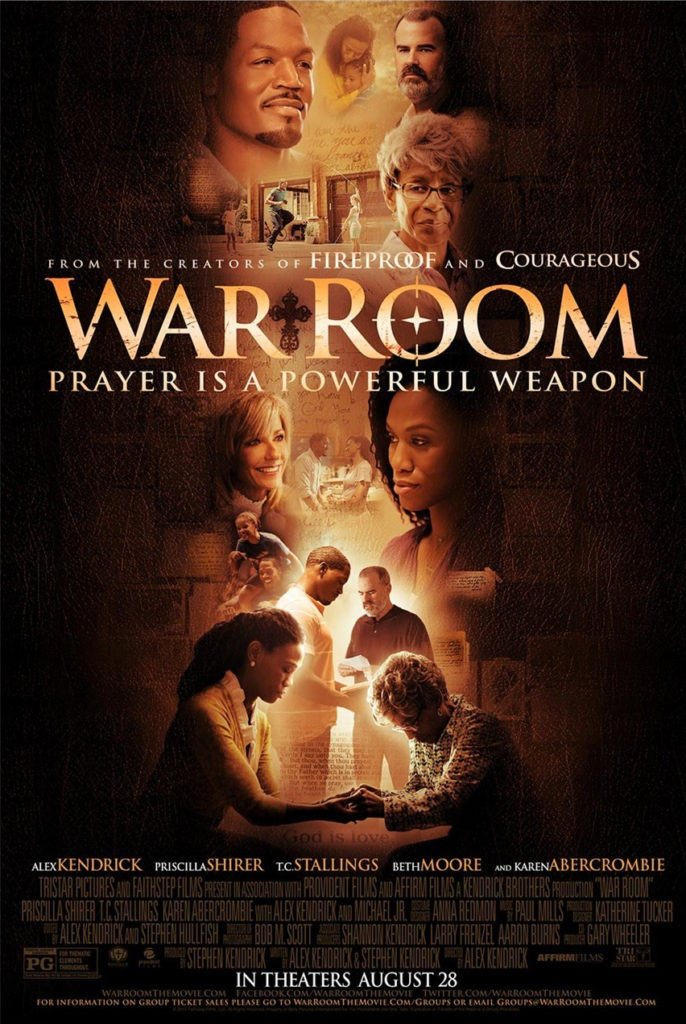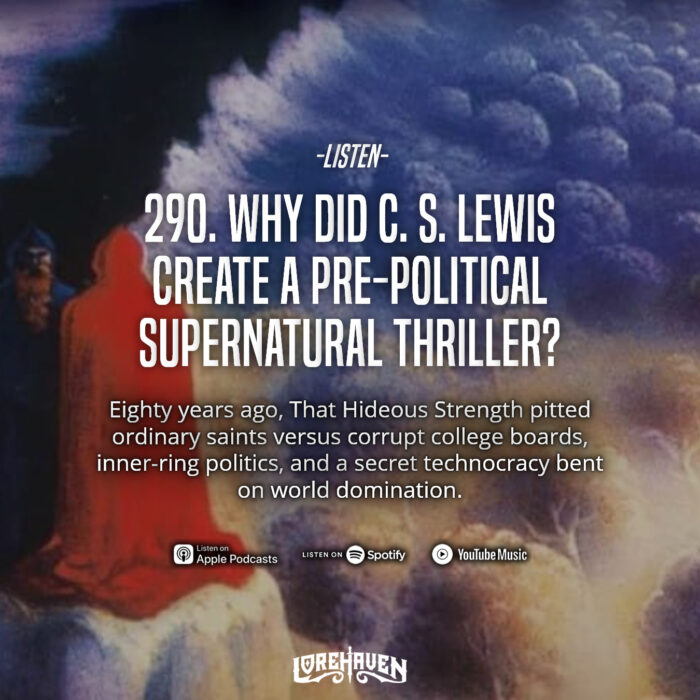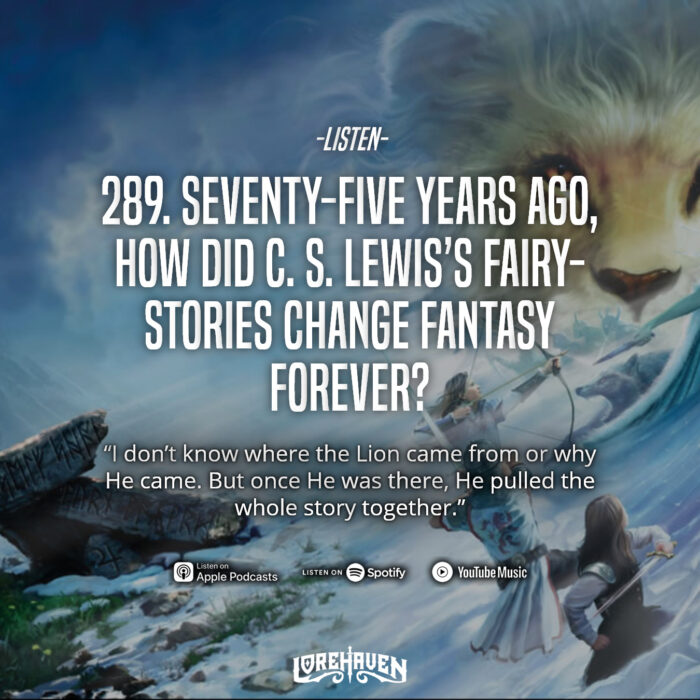Do Christian Creators Know When Their Movies are Bad?
Not long ago, I started putting together a little theory about Christian creators of movies.1
I wanted to challenge myself, and other “cheesy Christian movie” critics, to reexamine our motives. So I asked myself: Do Christian movie creators live in their own sentimentalist worlds? Don’t they at least know when their movies are cheesy and sentimentalist? And if they know, do they care?
Christian creators don’t like cheesy movies either.
My theory went something like this:
First, a lot of Christian movies are sentimentalist, poorly made shlock.2
Second, we have plenty of articles and videos pointing this out.
Third, most of these Christian movie-makers are aware of these criticisms.
Therefore:
Option 1: Most Christian movie-makers already know they’re making cheesy movies.
- Corollary A: They’re in on the joke and they’re okay with this. They may even laugh about corny lines between takes. (One can easily imagine the makers and stars of Hallmark Christmas movies do this. Surely at least some of them, between takes, practice the same either-you-laugh-or-you-cry sanity checks.)
- Corollary B: They know that they’re following a formula, to be (mostly) rewarded by audience support. And they’re at peace with that. In fact, they have matured beyond sentimentalist, Art expectations. They no longer work with the illusion that faith-based audiences would reward more complex stories. Unlike some of us Christian movie critics, they have chosen to live in the real world.
Option 2: The makers of cheesy, sentimentalist Christian movies are absolutely guileless. They haven’t read the criticism. Or they don’t regard it much. But even before that, they never would have a clue how their stories come across. They live in a “world” where all the sentimentality in their films—happy white people, miraculously cured children, household pets that never vomit on the Christmas ham— is utterly, sincerely real to them.
My challenge comes down to this: would either of those options really be so bad? Even option 2?
Honestly, shouldn’t we secretly want to be as innocent as a person who falls under option 2? (If not, then I’d worry about our souls a little bit. Wanting not to be this innocent, at least in theory, is the same sort of impulse that led to stealing forbidden fruit.)
Christian creators live in the real world, too.
But more likely, I choose option 1. I believe Christian movie-makers aren’t stupid individuals.
They live in the real world. They have seen Christian movies. Some of them even cringe. But then, for whatever reason, the majority of them go on to make similar movies. They make movies that plenty of folks (critics and Christians alike) see as cringe-inducing.
We could call them all sell-outs. Or we could imply that if they were real Artists, they wouldn’t cave to the plebes like this.
But let’s be charitable. And let’s not sentimentalize the art of filmmaking or its limitations: talent, time, audience demand, budget.
Plot twist: Many Christians want to make great non-cheesy movies, but then they face reality.
Alex Kendrick: ‘Is this the best we’ve got?’
This isn’t just my theory. If you actually read, listen, or watch the behind-the-scenes material with Christian filmmakers, you can see what they want. You can also see that they want to improve their craft, to grow the genre. They’re often not content just to make a movie during which Baptist grandmothers will fall asleep in the theater.
Exhibit A is Alex Kendrick.

He’s half of the filmmaking duo behind Facing the Giants (2006), Fireproof (2008), Courageous (2011), War Room (2015), and the upcoming Overcomer (2019). He also recently appeared on the new “Say Goodnight Kevin” podcast, hosted by Kevin McCreary. Said podcast spins off McCreary’s popular YouTube movie review channel. There, McCreary delightfuly roasts Christian movies and Churchian movies.3 This include the brothers Kendricks’ repertoire. Which McCreary roasted.
Then McCreary began meeting Christian filmmakers. Including Alex Kendrick. I began to wonder: what’s going on?
(Also, let’s note that I’m a sucker for the “Tom and Jerry” cartoons where cat and mouse form a team-up.)
Soon after, McCreary released a video in which he, voluntarily, backed off his harsher speculative criticism of the Kendricks. That impressed me, not because I disagreed with the criticism, but because motives matter. Sure, it’s fun to roast silly or cheesy movies (Christian-made and otherwise). But the moment you start truly, actively hoping certain movies won’t improve, so you can go on roasting them, that’s when you are listening too closely to Uncle Screwtape.
But now, even better, McCreary has actually debuted his podcast with a full-length interview with Alex Kendrick. The podcast’s video preview arrived yesterday.
Kendrick explains how he, also, saw several older Christian end-times-themed movies. He names the 1970s Thief in the Night series, and the direct-to-VHS Cloud Ten apocalypse movies of the late 1990s/early 2000s. “Is this the best we’ve got?” Kendrick asked himself.
He later received $20,000 to make his own movie (the independent project Flywheel in 2003).
Apparently that project required a creativity-breaking filming and editing process. When he finally saw the edited product, he groaned.
“And I realized, ‘I have done the very thing I’ve made fun of,'” Kendrick said.
If you’ve ever critiqued Christian movies from a safe distance, listen to this podcast. It will help us avoid over-sheltered, sentimentalist expectations about “what Christians-making-movies should be.” It will help us consider the real constraints on these attempts.
This interview is also a fantastic exercise in mutual charity and firm convictions—and willingness to face one’s (friendly) critics.
Yes, Christian filmmakers are aware of the cheese
McCreary himself has gotten closer to the industry thanks to his reviews and work with Christian Cinema. He says Kendrick’s view isn’t an exception. Plenty of other Christian filmmakers know Christian movies can be cheesy. Some know their own movies have been cheesy.
“People have been more self-aware than I expected,” McCreary said.

Yes, super-fans, that’s Brett Dalton, last seen hailing Hydra as Grant Ward on Marvel’s Agents of S.H.I.E.L.D..
This doesn’t surprise me. Plenty of indie Christian-made movies I’ve seen come from people who’d be first to acknowledge the genre’s cheesiness. For example, the the makers of 2017’s The Resurrection of Gavin Stone partnered with The Babylon Bee for a little self-deprecating jab at the whole Christian movie industry. Their headline: “Holy Spirit Empowers Man to Make it Through Christian Movie.”
Alas, Gavin Stone dropped quickly. But I appreciated the film’s self-awareness about goofy Christian behavior. This is kind of culture that is best parodied affectionately and from the inside. Even more, I appreciate director Dallas Jenkins’s openness about that failure.
Jenkins has moved on. In fact, he’s broken records raising funds for a new streaming drama about the life of Jesus.
Guess what—Christian filmmakers want to get better.
Plenty of existing movies, such as Risen, The Case for Christ, and Paul, Apostle of Christ, are already better.
But what matters is trajectory. Maybe some directors have “sold out.” They’re happy just making Hallmark-style movies that end in altar calls. They’ll do this forever. These Christian directors, however, are not content. They want to improve. They likely will improve.
And to reach this goal, some of them will even face their giant critics.
To see these creative and even inspirational examples, maybe I can put up with a little onscreen cheese from Christian creators. For now.
- For the purpose of this discussion, I’ll use the usual definition people use when they say “Christian movies,” i.e., “movies made for the evangelical market.” I prefer the adjective Christian to refer to individuals only. Using my preferred definition, “Christian movie” would mean any kind of movie made by a Christian. ↩
- But as I explore in yesterday’s article, not all Christian movies are terrible. Some are good or very good films. And many of their creators, including in the relatively new “Christian social drama” genre, are improving their craft. ↩
- I would put McCreary’s two recently roasted “cute talking dog saves Christmas” cheesemobiles (this one, and this one) in this category of “Churchian” movies. ↩


















Speaking as someone that reads a lot of indie comics and such, and has been working toward being able to do indie projects in various mediums, I’ve certainly been one to strongly dislike a lot of the cheesiness, but came to realize that good storytelling takes a ton of work. Not even just with production, but in learning the craft itself.
When I look at the indie communities I’ve been in/observed, I’ve seen work that people have done when they’re, say, thirteen, and how much of a contrast there is now that they’re in their late teens or early twenties.
Here’s an example:
https://tapas.io/episode/294802
And this next one is the most recent episode. The artist improved a lot after a few years of hard work(the dark haired kid comes from a rich family and was kidnapped when he was little. So in this next scene he’s somewhat dealing with one of the people that was involved, even if he doesn’t exactly know it yet, and is having a bit of a PTSD like reaction to the whole thing, so that’s what’s going on in this scene):
https://tapas.io/episode/1296953
In a way, realizing exactly how much work goes into simply LEARNING good storytelling is why I sometimes feel really annoyed when I see fan entitlement issues crop up, or why I feel a lot more merciful toward writing flaws sometimes. Quality storytelling takes time and inspiration and skill that aren’t always available at the time of production.
Some people might be really good at drawing and animation, or even writing, but there’s a big hurtle to jump when they try to turn that into a full production, which requires getting music and voice acting that fits the story. And then there’s so many hard-to-pinpoint aspects that can only be improved with experience. That might be mood setting, word choice in scripts, scene transitions, or even how loud or soft the music is in certain scenes. But, eventually, the hard work is worth it, and people learn how to make stuff like this:
The song wasn’t originally made for this project, but the characters, story, planning, etc. were all done by one person, who has her own comic, etc.
So…I don’t know. It’s fair to critique stories as cheesy, but people need to have a little mercy and understand how hard good stories actually are to make. If an artist really cares about their work, they’ll be invested in realizing where the problems lie and will get better and better until their products are amazing. That’s really what we need to do in the Christian writing/filmaking industry.
Hi. My name is Sean Paul Murphy and I have written twelve produced faith-based films. I read your blog and wrote an answering one. You may want to check it out.
https://seanpaulmurphyville.blogspot.com/2019/02/do-christian-creators-know-their-movies.html
[…] month I asked, Do Christian Creators Know When Their Movies Are Bad? Author and screenwriter Sean Paul Murphy answered. In short, his answer seems to be, […]
[…] I hope to hear more from Dallas Jenkins, a chap who already knows that many Christian movies aren’t that great, and wants to make them […]